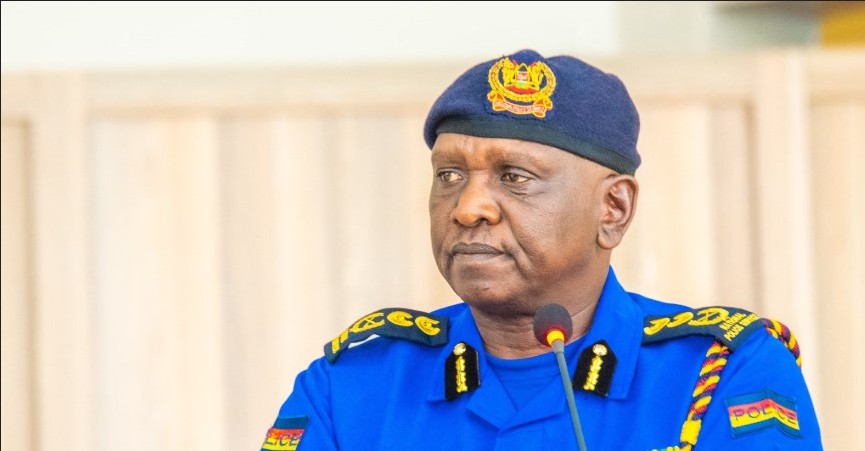The National Police Service (NPS) has opposed the National Police Service (Amendment) Bill 2025, which seeks to introduce a retirement age and term limits for the Inspector General (IG) and Deputy Inspector General (DIG) of Police. Speaking before the National Assembly Committee on Administration and Internal Security on Tuesday, Amos Obuga, Director of Legal Affairs representing the NPS, argued that retirement should be based on competence, experience, and institutional knowledge rather than age.
The bill, sponsored by Teso North MP Oku Kaunya, proposes capping the retirement age for the IG and deputies at 60. If passed, Inspector General Douglas Kanja, currently 61, could be forced to retire. Additionally, it introduces a five-year term limit for the DIG, a position that currently has no term restrictions, unlike the IG, who serves a single non-renewable four-year term under Article 245 of the Constitution.
IG Kanja emphasized that “competence, integrity, professionalism, and strategic thinking should remain the principal criteria for appointment,” adding that age should not be a disqualifying factor for leadership positions within the NPS. Obuga warned that the bill could sideline skilled and experienced officers, potentially weakening leadership within the service.
Meanwhile, MP Kaunya stated that the bill aims to ensure capable leadership and promote succession planning within the police service. Ahmed Issack Hassan, chairperson of the Independent Policing Oversight Authority (IPOA), supported the bill, particularly the provisions for clear procedures in appointing and removing the IG and DIG, in line with the Maraga Taskforce recommendations. Hassan also highlighted the need for appointments to respect the two-thirds gender rule outlined in Article 27 of the Constitution.
Citing regional practices, Hassan noted that Tanzania enforces a retirement age of 60 for senior officers, while Uganda requires all police officers to retire at 55 or after 20 years of service. However, no specific retirement age exists for the Deputy Inspector General in either country.
The debate continues as lawmakers weigh the balance between experience, competence, and the need for structured leadership succession in Kenya’s police service.

